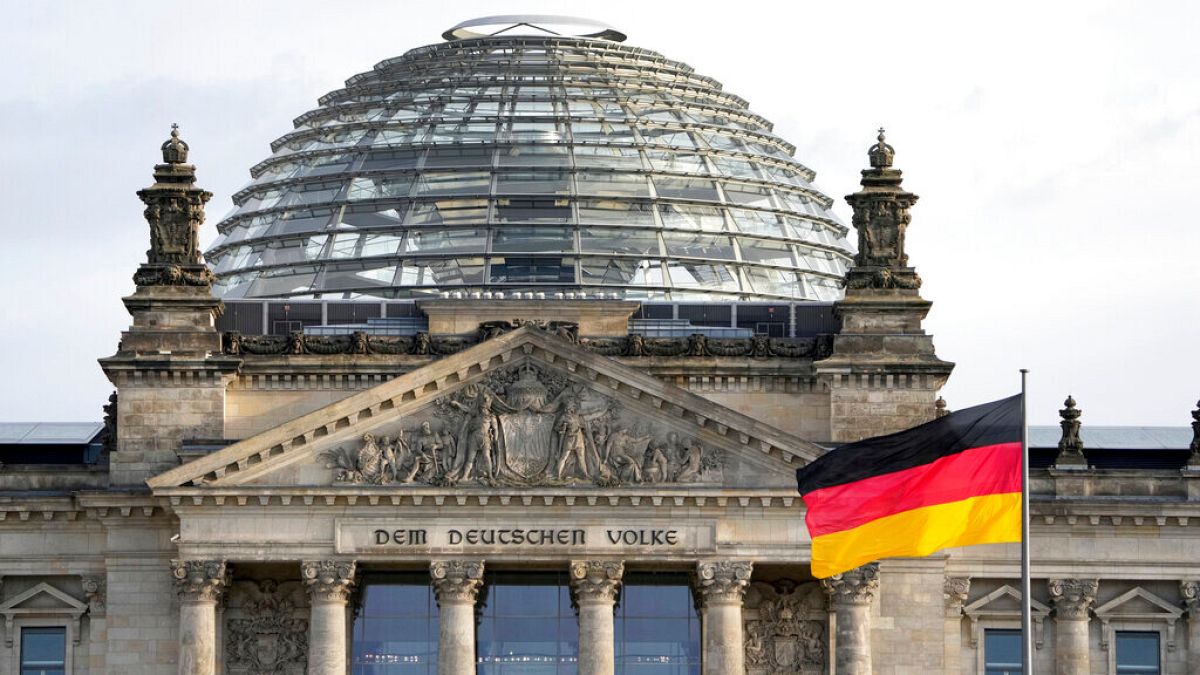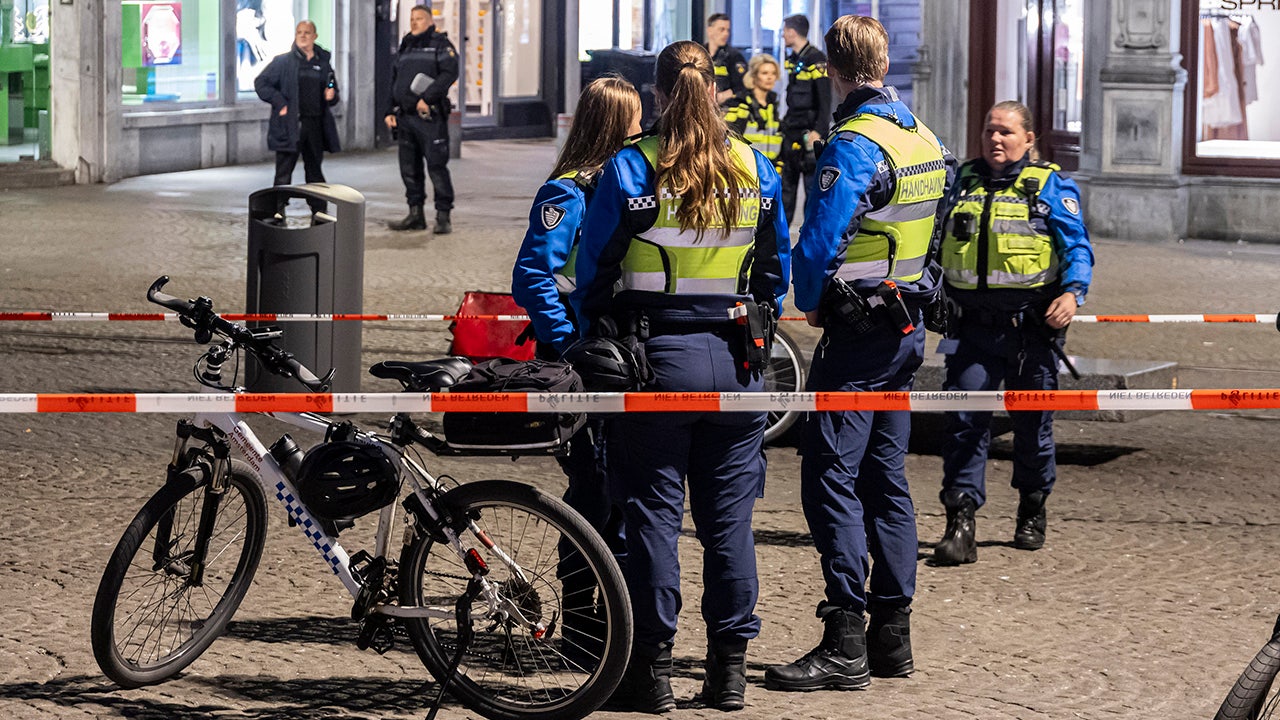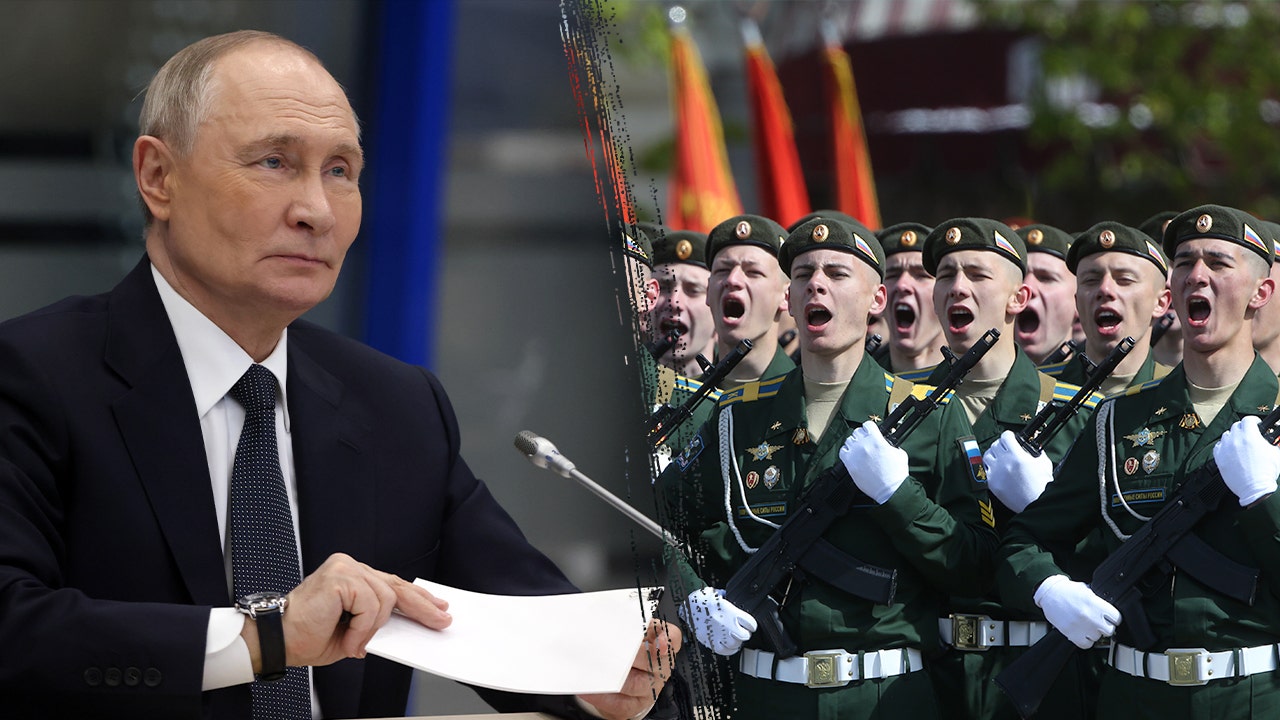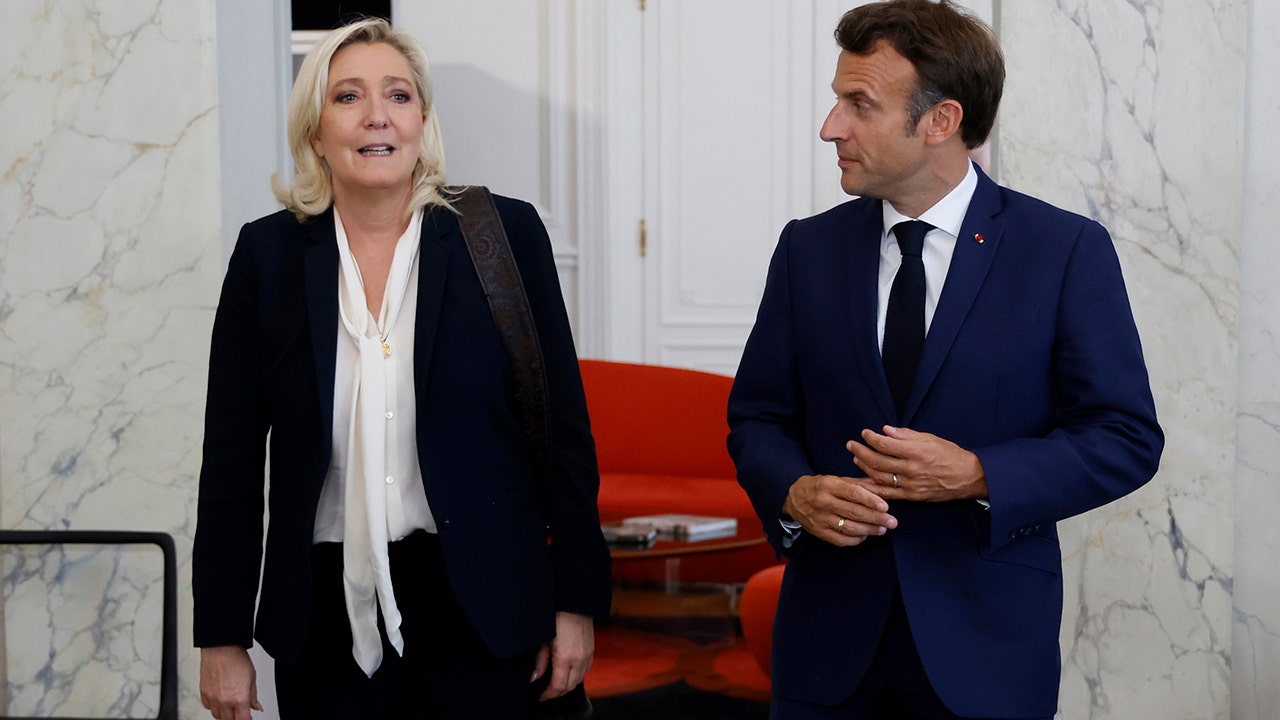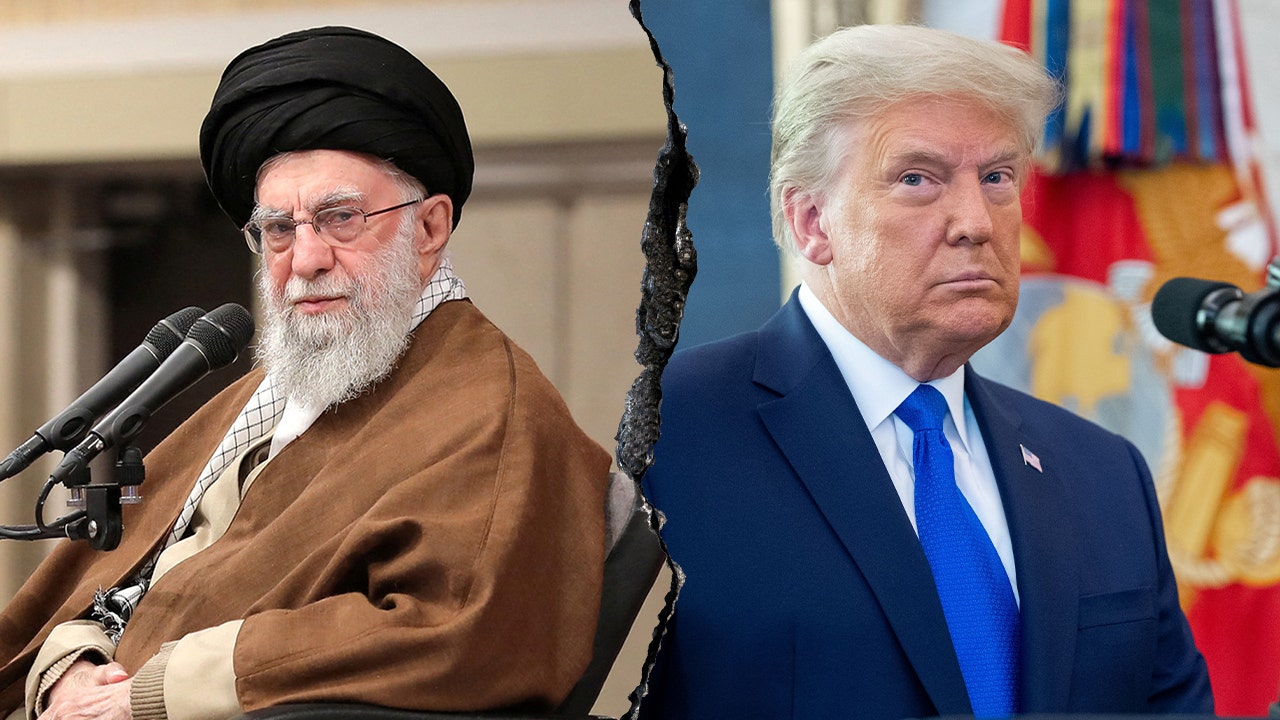The far-right Alternative for Germany received its largest-ever financial donation of €1.5 million on Wednesday, bringing the question to the fore: how do parties in Germany typically fund their campaigns?
On Wednesday, the far-right Alternative for Germany party (AfD) received its largest-ever donation of €1.5 million as the country gears up for elections on 23 February.
The donor, Winfried Stöcker, is a multimillionaire medical entrepreneur who was fined in 2021 for organising an illegal vaccination campaign in the midst of the COVID-19 pandemic using a jab he developed himself.
The donation represents the most significant influx of funds the AfD has received in its history: its previous highest single-donor gift amounted to a lowly €35,000.
Aside from raising eyebrows, Stöcker’s donation is completely legal, and there is no cap on gifting funds to a party in Germany.
The cost of election campaigns in the country is relatively cheap on an international scale. Still, it has been steadily rising — parties represented in the Bundestag spent €235 million combined on election campaigns in 2021, while in 2017 the total amounted to €184 million, according to data compiled by Statista.
How can a political party in Germany fund itself?
According to German law, parties can receive funding from the state, contributions from members, money from the salaries of elected officials, and private or corporate donations.
Most parties rely on government funding for their campaigns and livelihoods. State funding accounts for over one-third of their total revenue, membership contributions are the second most important source of income, and donations from individuals and companies account for a fraction.
The amount of state funding each party receives is determined by its relevance in society. It is typically calculated according to how many votes it has won in recent elections at a European, state and federal level, as well as how much it has received in membership donations.
Critics say such a system typically discriminates against smaller parties and rewards larger and well-established ones, such as the centre-right Christian Democratic Union (CDU) and the centre-left Social Democratic Party (SPD).
However, smaller parties are still eligible for state funding, which is limited to 50% of their income. The Bundestag president sets the cap on state funding each year. In 2024, the total was set at €219 million.
Are there limits to party donations?
Taxpayers, party members, and corporate and individual donors provide parties with the majority of their money which doesn’t come from the government.
There are no limits to how large a donation a company can receive from individuals or corporations or how much each party is allowed to spend on a campaign. This is not too common in the European Union, where 19 of its 27 member states impose a limit to how much can be donated to a political party.
Despite changes in the law to improve transparency around donations, critics say that the law doesn’t account for other loopholes, such as associations or a “Verein”, which is allowed to collect donations over time and give them to political parties directly or through advertising.
However, parties have been slammed before for using this method of gathering funds.
The AfD was previously accused of benefitting from an illegal €6 million advertising campaign between 2016 and 2018 via a shell company in Switzerland. More recently, the left-wing nationalist Sahra Wagenknecht Alliance (BSW) has come under repeated fire for allegedly accepting €1.6 million in donations from an association it founded itself.
One of the main stipulations on donations is that all gifts over €35,000 should be reported to the Bundestag and the donor’s information made available online.
Donations above €10,000 but under €35,000 must be published in each party’s annual report; however, these are only made available to the public two years later.
Rules matter little, experts claim
Analysts also suggest that these rules don’t prevent individuals or businesses from making more significant contributions.
According to an investigation by public broadcaster ZDF, the CDU accepted donations of around €50,000 from various district associations from the main suspect of a smuggling ring in North Rhine Westphalia over three years.
The majority of the donations did not appear in reports as the money given was under €10,000. The regional branch of the SPD in the city of Solingen was also noted to have accepted two donations of €9,500 from someone connected to the case.
NGOs and lobby groups have called for further restrictions on party donations, such as a cap on contributions and an obligation to publish donations up to €2,000.
This was debated under the so-called “traffic light” coalition of the SPD, the Greens, and the liberal Free Democratic Party (FDP), but according to domestic reports, the CDU ultimately blocked it.
Aurel Eschmann from the NGO Lobby Control told Euronews the lack of a donation cap allows “companies and the super-rich to tilt the political landscape in their favour.”
On the AfD’s mega-donation, Eschmann said, “We see it as a worrying development that a super-rich donor is now willing to openly support a far-right party.”
“We urgently need a cap on party donations in Germany that closes this possibility for undemocratic influence,” he concluded.
Read the full article here







